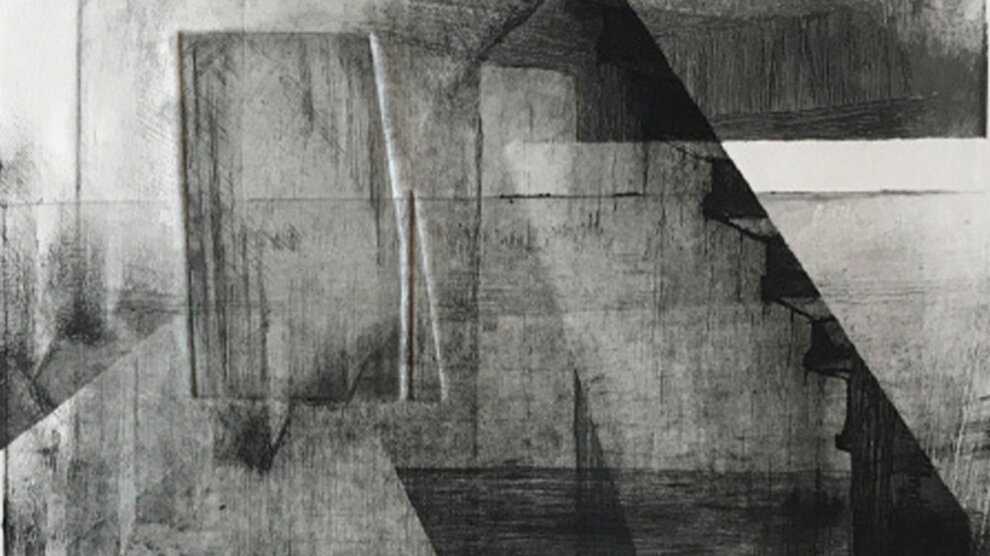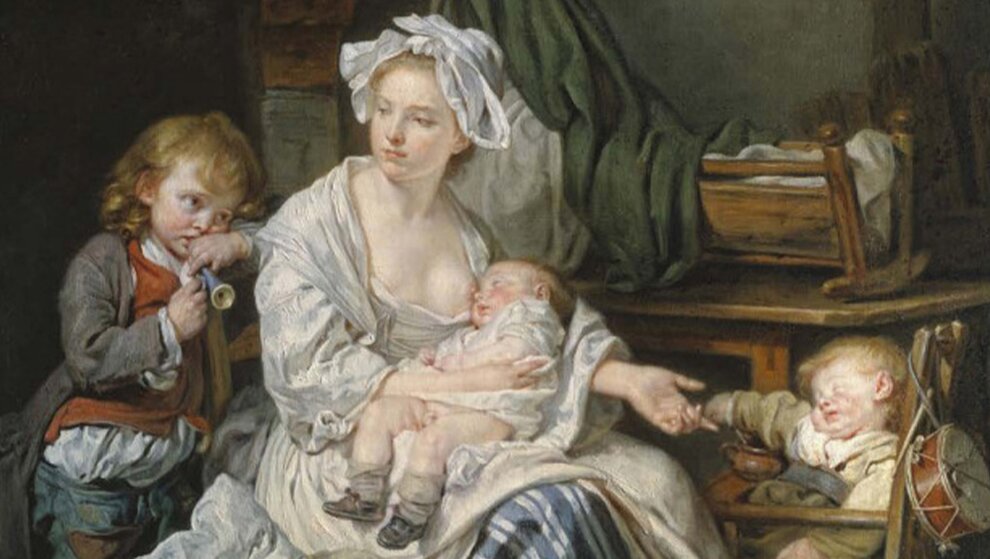The historicisation of philosophy in France and Germany after Kant

This paper presents an on-going project and examines how a more and more abstract and autonomous history of philosophy developed from the end of the18th century onwards in Germany and in France. Whereas Kant drew a clear division between the empirical history of philosophy and its pure rational reconstruction, the Kantian historian of philosophy Tennemann tried to make empirical history more philosophical. According to Tennemann, the history of philosophy is not only an exercise in coming to a conclusion concerning philosophical systems of the past, but also entails philosophical criticism through classification and narration. This argument, however, leads on to the question of whether a history which is not pure rational reconstruction can still occasion peace in the philosophical field
The author
A graduate of the Institute of Political Studies in Paris, she is currently an A.T.E.R. at the University of Lorraine. Her thesis dealt with the effective policy attributed to philosophy at the end of the French Revolution, in a Franco-German corpus of Ideologists, the Coppet group, Kant and some post-Kantians. She analyzed the limits of philosophy and the mediations by which it was thought possible to include it in the principles of government and to disseminate it indirectly through teaching and public discourse. This work was continued by the publication of a collective and multidisciplinary volume at the University Press of the Sevenentrion, devoted to the way scholars, writers and philosophers conceived their political role in France and Germany, the death of Voltaire to the Vormärz. More recently, this reflection on the impurity of philosophy has found an extension in her post-doctoral work of translation and commentary of Herder's critical Sylves. Finally, this question of the historicization of philosophy led to the research project conducted during a research visit at the Interdisciplinary Center for Research on Enlightenment in Europe (I.Z.E.A.) of the Martin Lüther University in Halle.
Reference
Ay ̧se Yuva. Die Historisierung der Philosophie in Deutschland und Frankreich nach Kant.FMSHWP- 2015-101. 2015.





